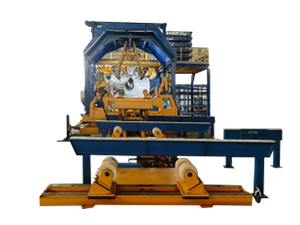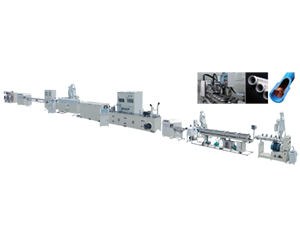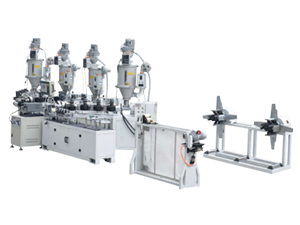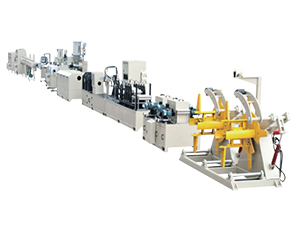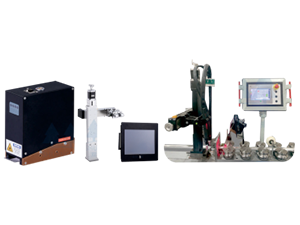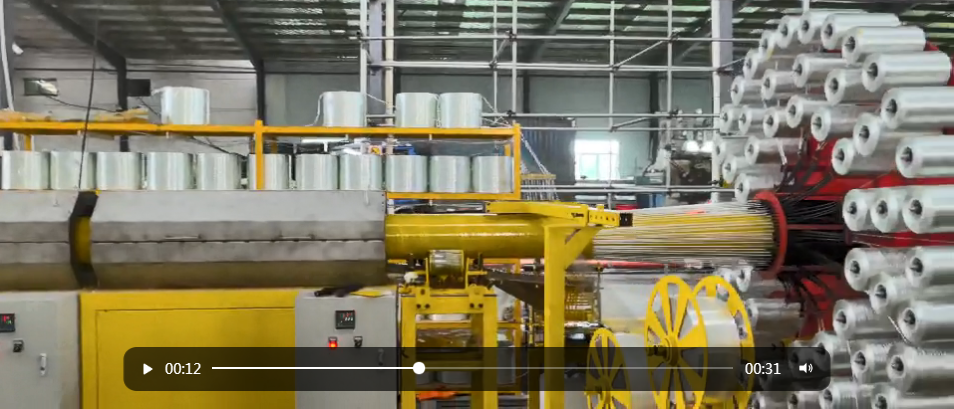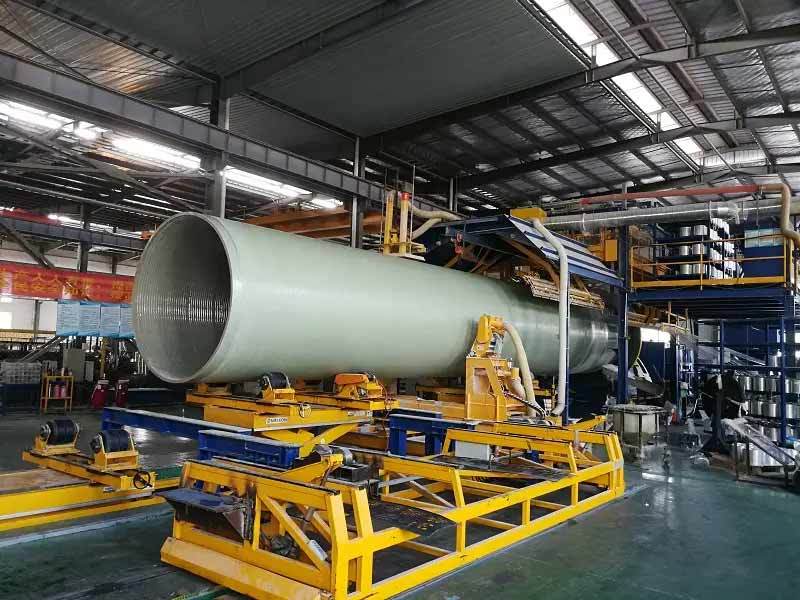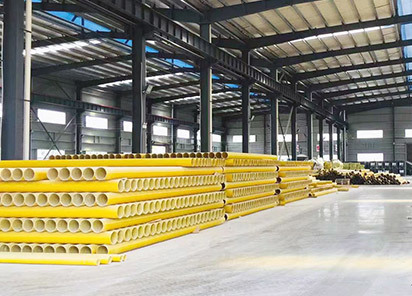The Future of Manufacturing: Why FRP Pipe Making Machines Are Essential
May 15,2025
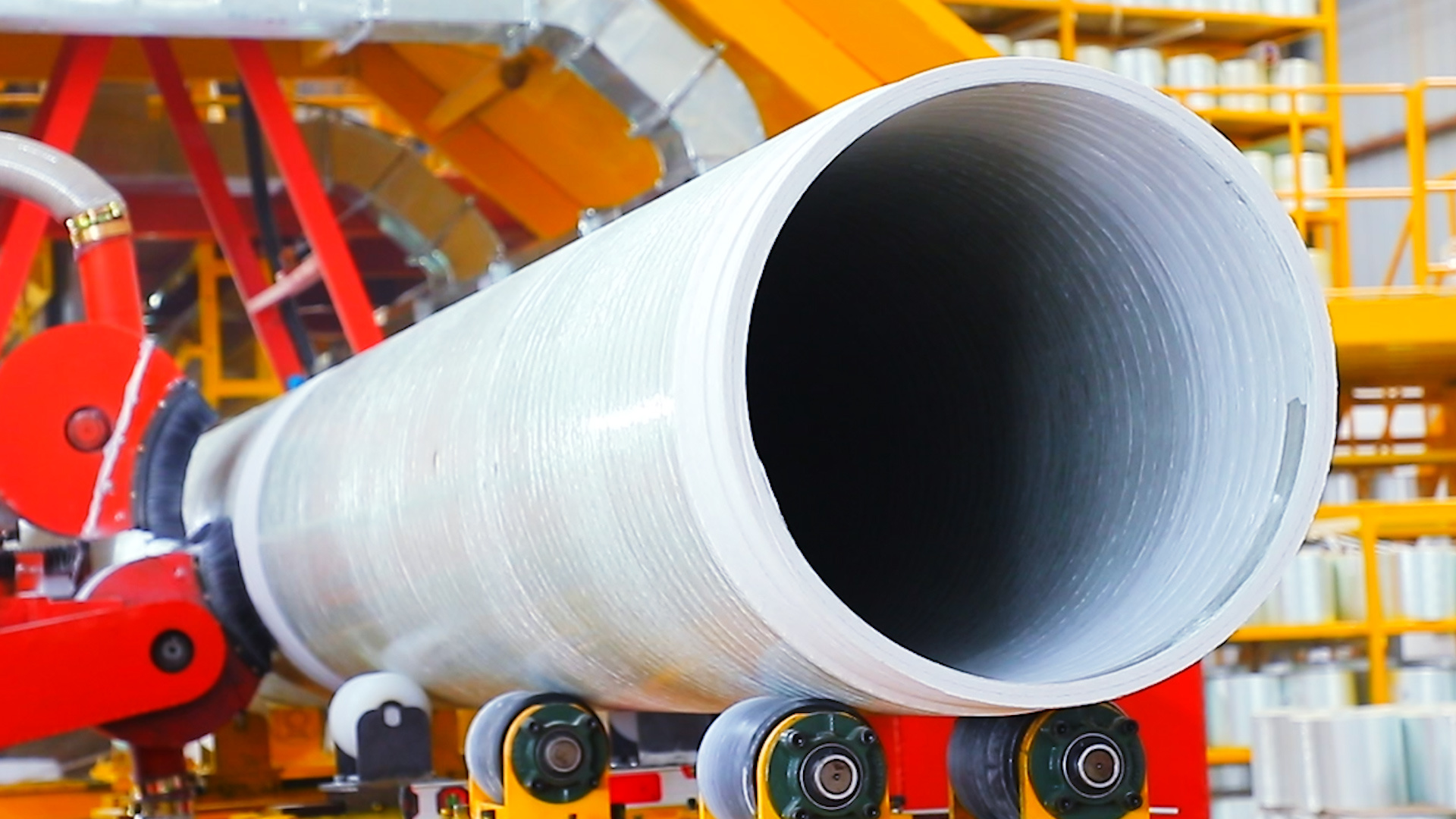
The Future of Manufacturing: Why FRP Pipe Making Machines Are Essential
Manufacturing is on the cusp of a significant transformation, one driven by technological advancements and the ever-increasing demand for efficient, sustainable production methods. Among these innovations, **FRP (Fiber Reinforced Plastic) pipe making machines** have emerged as essential equipment that can redefine manufacturing processes across various industries. This article delves into the reasons why FRP pipe making machines are becoming indispensable, exploring their advantages, applications, and future prospects.
Table of Contents
1. Understanding FRP Pipes
2. The Role of FRP Pipe Making Machines in Manufacturing
3. Advantages of Using FRP Pipe Making Machines
3.1 Enhanced Durability and Strength
3.2 Cost-Effectiveness and Efficiency
3.3 Environmental Benefits
4. Key Applications of FRP Pipes
4.1 Water and Wastewater Management
4.2 Chemical Processing
4.3 Oil and Gas Industry
4.4 Construction and Infrastructure
5. The Future of FRP Pipe Manufacturing Technology
5.1 Innovations in Manufacturing Processes
5.2 Integration of Industry 4.0 and Smart Manufacturing
6. Selecting the Right FRP Pipe Making Machine
6.1 Key Features to Consider
6.2 Leading Manufacturers in the Market
7. Frequently Asked Questions (FAQs)
8. Conclusion
1. Understanding FRP Pipes
FRP pipes are composite structures made of a polymer matrix reinforced with fibers, typically glass or carbon. This unique composition enables them to outperform traditional materials like steel and concrete in various applications. Their lightweight nature, resistance to corrosion, and high strength make FRP pipes a preferred choice for modern industries.
2. The Role of FRP Pipe Making Machines in Manufacturing
FRP pipe making machines are specialized equipment designed to produce high-quality FRP pipes efficiently. These machines automate the manufacturing process, ensuring consistent quality and reducing labor costs. With advancements in technology, these machines have become more versatile, allowing for various pipe sizes and specifications tailored to different applications.
3. Advantages of Using FRP Pipe Making Machines
Investing in FRP pipe making machines offers numerous advantages that contribute to enhanced manufacturing processes.
3.1 Enhanced Durability and Strength
FRP pipes exhibit superior strength-to-weight ratios compared to traditional materials. This durability means they can withstand extreme environmental conditions and heavy loads, making them ideal for demanding applications.
3.2 Cost-Effectiveness and Efficiency
The automated nature of FRP pipe making machines reduces the time and labor required for production. This efficiency not only lowers manufacturing costs but also enables companies to meet increasing market demands without compromising quality.
3.3 Environmental Benefits
The production of FRP pipes typically generates fewer emissions compared to traditional materials. Furthermore, their long lifespan and resistance to corrosion mean lower replacement rates and less waste, supporting sustainability efforts within the manufacturing sector.
4. Key Applications of FRP Pipes
FRP pipes are versatile and find applications in various industries. Understanding these applications can help manufacturers identify potential markets.
4.1 Water and Wastewater Management
FRP pipes are widely used in water supply and wastewater treatment systems. Their corrosion resistance ensures longevity, while their lightweight nature facilitates easier installation.
4.2 Chemical Processing
In chemical processing, FRP pipes can safely transport corrosive materials without degradation. This characteristic makes them a preferred choice for handling aggressive chemicals.
4.3 Oil and Gas Industry
FRP pipes are employed in oil and gas applications due to their ability to withstand high pressure and temperature variations. Their resistance to harsh environments makes them suitable for offshore platforms and refineries.
4.4 Construction and Infrastructure
FRP pipes have gained traction in construction projects, particularly in drainage systems and structural applications. Their lightweight properties simplify handling and installation, contributing to overall project efficiency.
5. The Future of FRP Pipe Manufacturing Technology
As technology evolves, so does the manufacturing landscape for FRP pipes. Staying abreast of these changes is crucial for manufacturers looking to remain competitive.
5.1 Innovations in Manufacturing Processes
Emerging technologies, such as automated filament winding and resin infusion techniques, are enhancing the efficiency and quality of FRP pipe production. These innovations allow for more precise control over material properties and production processes.
5.2 Integration of Industry 4.0 and Smart Manufacturing
The integration of Industry 4.0 principles, including IoT (Internet of Things) and AI (Artificial Intelligence), is revolutionizing FRP pipe manufacturing. Smart machines equipped with sensors can monitor production in real-time, optimizing processes and reducing downtime.
6. Selecting the Right FRP Pipe Making Machine
Choosing the right FRP pipe making machine is pivotal for manufacturers to achieve optimal production outcomes.
6.1 Key Features to Consider
When selecting an FRP pipe making machine, consider factors such as production capacity, automation level, and compatibility with various resin systems. Additionally, durability and ease of maintenance are crucial for long-term efficiency.
6.2 Leading Manufacturers in the Market
Several manufacturers dominate the FRP pipe making machine market. Researching and comparing their offerings can help businesses make informed decisions. Companies such as **XYZ Technologies** and **ABC Machinery** are known for their innovative solutions and reliable equipment.
7. Frequently Asked Questions (FAQs)
**Q1: What are the main benefits of FRP pipes compared to traditional materials?**
A1: FRP pipes are lightweight, corrosion-resistant, and have a higher strength-to-weight ratio, making them ideal for various applications.
**Q2: How do FRP pipe making machines operate?**
A2: These machines typically utilize automated processes to combine fibers and resin, forming the desired pipe shape.
**Q3: What industries utilize FRP pipes?**
A3: Industries such as water management, chemical processing, oil and gas, and construction commonly use FRP pipes.
**Q4: Are there specific maintenance requirements for FRP pipe making machines?**
A4: Regular cleaning, inspection, and component replacement as needed are essential to ensure optimal machine performance.
**Q5: How can I stay updated on innovations in FRP pipe manufacturing?**
A5: Following industry publications, attending trade shows, and participating in professional organizations can provide valuable insights into the latest advancements.
8. Conclusion
The evolution of manufacturing technology is paving the way for more efficient and sustainable practices. **FRP pipe making machines** represent a significant advancement in this field, providing manufacturers with the tools they need to meet modern demands. By embracing these innovations, companies not only enhance their production capabilities but also position themselves for future growth in an increasingly competitive landscape. As the manufacturing sector continues to evolve, FRP pipe making machines will undeniably play a crucial role in shaping the future of industrial processes.
PREVIOUS:
Contact Us
E-mail:
Phone/Wechat/WhatsApp
Address:
A2-1408, Kaichuang Avenue to Tai Plaza, Huangpu District, Guangzhou City, Guangdong Province


